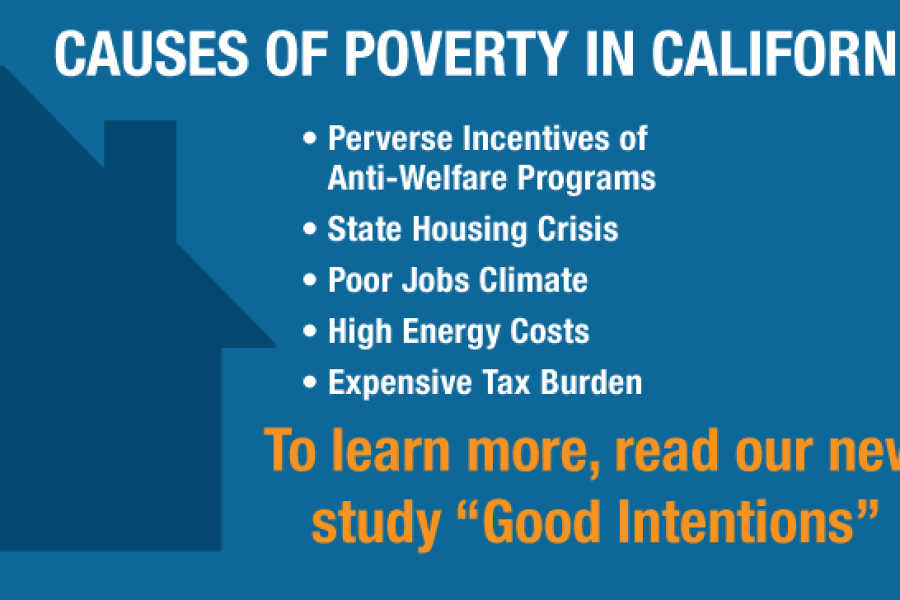The latest hot social theory in California is universal basic income.
Essentially, it’s about paying people to do nothing. Academics and tech titans have promoted it to address poverty, rising costs of living, and even the temporarily disruptive effects of innovation.
Stockton Mayor Michael Tubbs has generated national headlines for his universal basic income proposal, which he recently spoke about at a Sacramento Press Club event.
Under his plan, around 100 people in Stockton would receive $500 starting next year for about 18 months. The money will be “unconditional, with no work requirements and no restrictions on how the money can be spent.”
This begs the question – why would anyone want to work or try to better their condition if the government is going to just give them a wad of cash?
There are many concerns with the Stockton proposal and the universal basic income movement.
The Stockton plan appears on track to becoming another fraud-filled government assistance program. We have no idea yet how the participants will be chosen. Call me cynical, but the notion of a big-city mayor handing out cash to people reminds me of a modern-day Tammany Hall in the making.
In his Press Club speech, Mayor Tubbs said he asked people how they’d spend their money. One person, he noted, said they would fix their car so they could go to work. Yet others said they’d buy a new TV and the mayor says he’d be OK with that. Do they really need this free cash if they’re going to buy a new TV? With no accountability, who’s to say they won’t buy even more frivolous things, or do worse, with this free money?
The funding – or lack thereof – is also troubling.
An entity called the Economic Security Project – whose team includes many alums of the Obama Administration, labor unions and other left-wing groups – has agreed to put up the first $1 million to fund the program. They’ve also received donations from others, including the Goldhirsh Foundation and the Spanos family.
But as Margaret Thatcher famously said, “the problem with socialism is that you eventually run out of other people’s money.”
Asked what he would do once they run out of private funds, Mayor Tubbs told the Press Club audience that he would go back and have a conversation with Stocktonians about the future of the program. You can bet that conversation would include higher taxes and public funds.
The biggest flaw in my view is that universal basic income is not an alternative to welfare programs, but something that will discourage work. Mayor Tubbs is sincere about wanting to help people trapped in crime and poverty, and you can’t help but admire his personal story of overcoming poverty and adversity in his own life.
But handing out cash will only hurt people and make them more dependent on government. It won’t make food, gas, or housing in California less expensive, nor will it help people temporarily displaced by technology.
The Mayor’s priority should be enacting free-market reforms, so we can give people the education and opportunities they need to get better paying jobs or start their own businesses and raise their incomes.
Bottom line – universal basic income is one of those ideas that sounds great in theory and in college lecture halls, but it’s not a workable solution to poverty or high costs of living.
Tim Anaya is communications director for the Pacific Research Institute.


